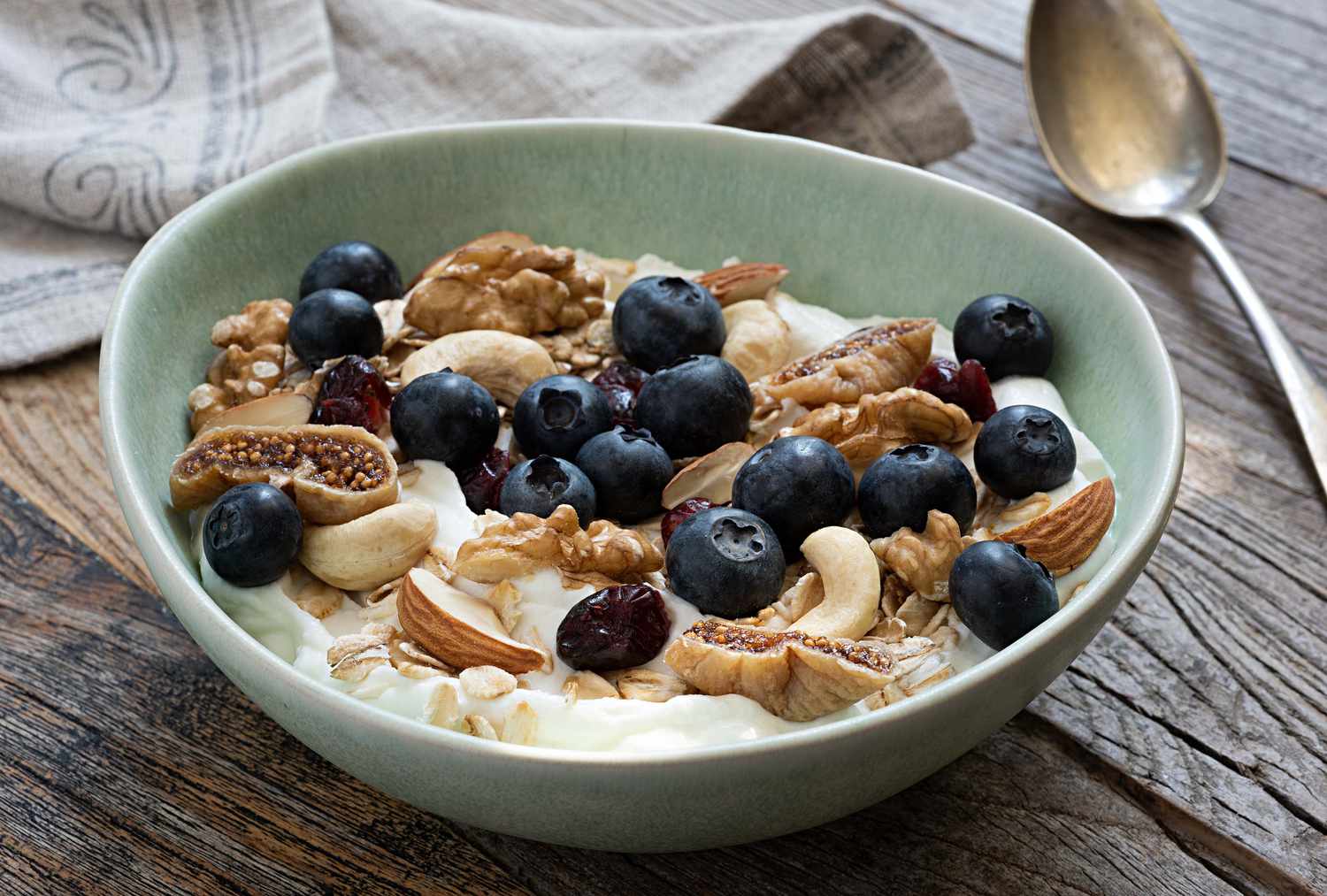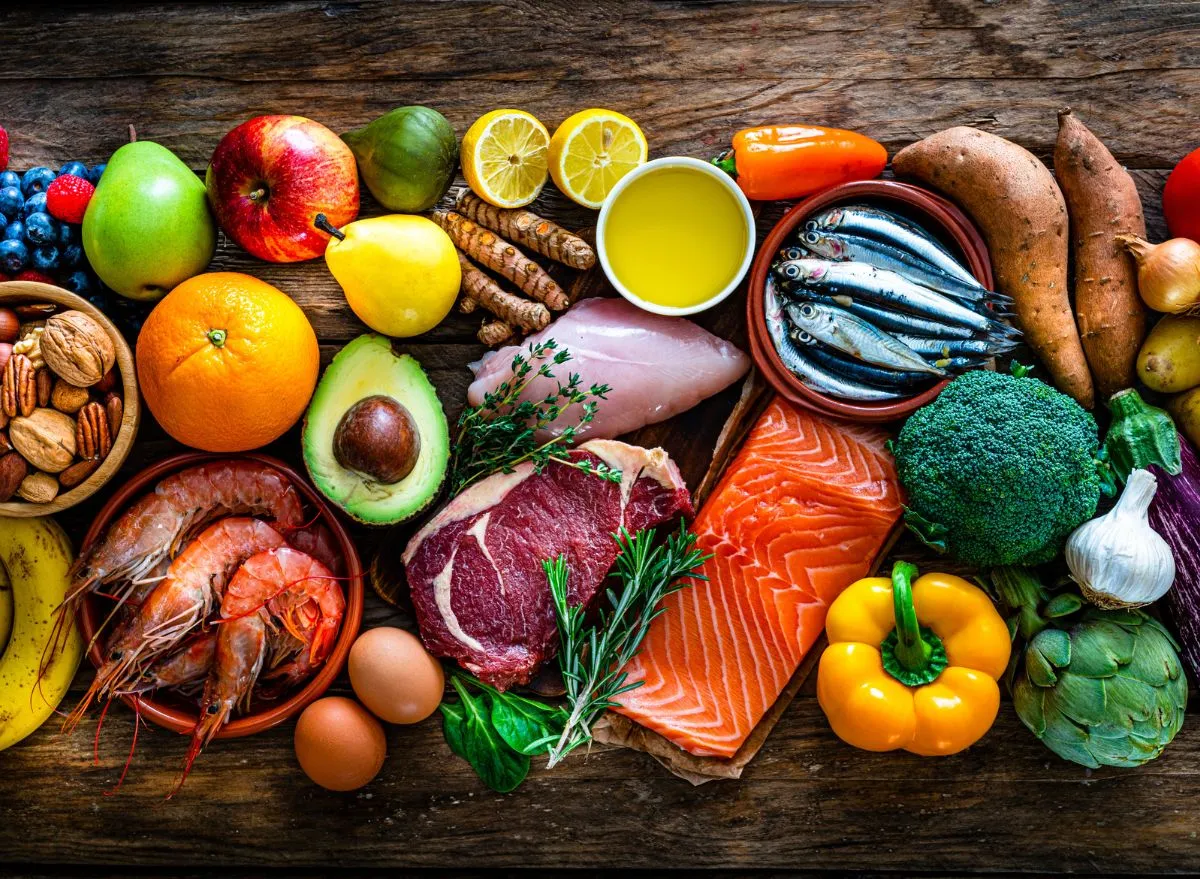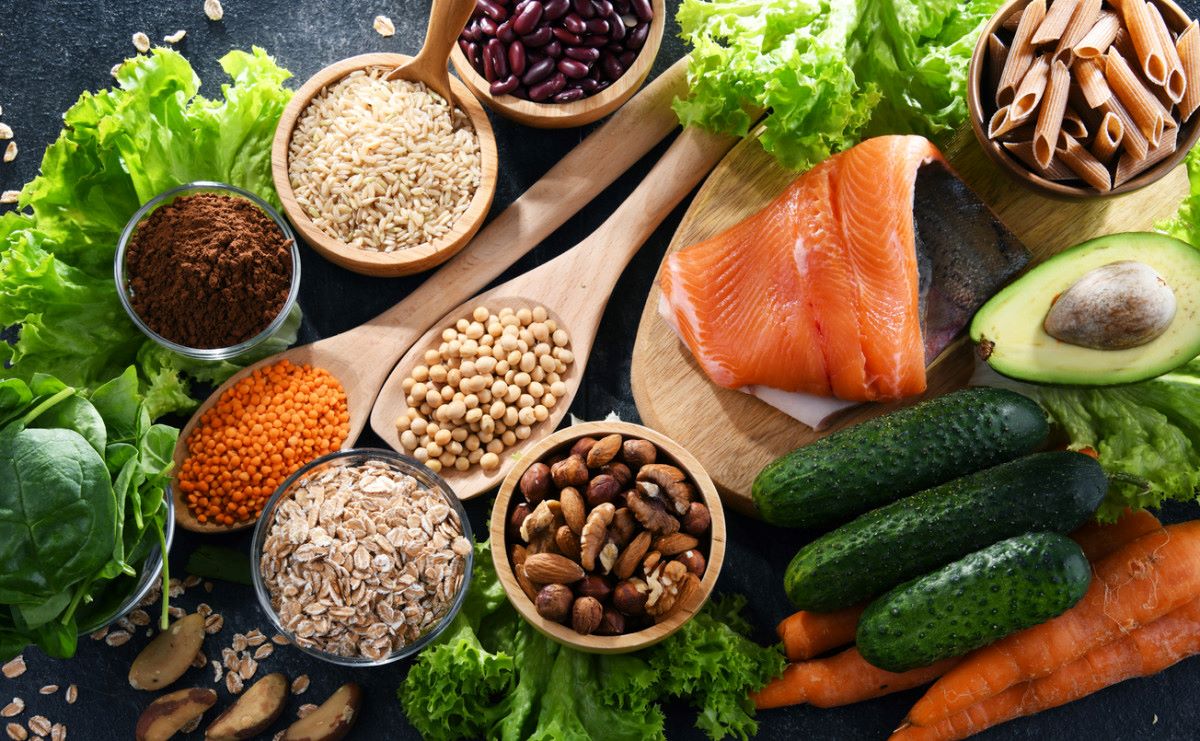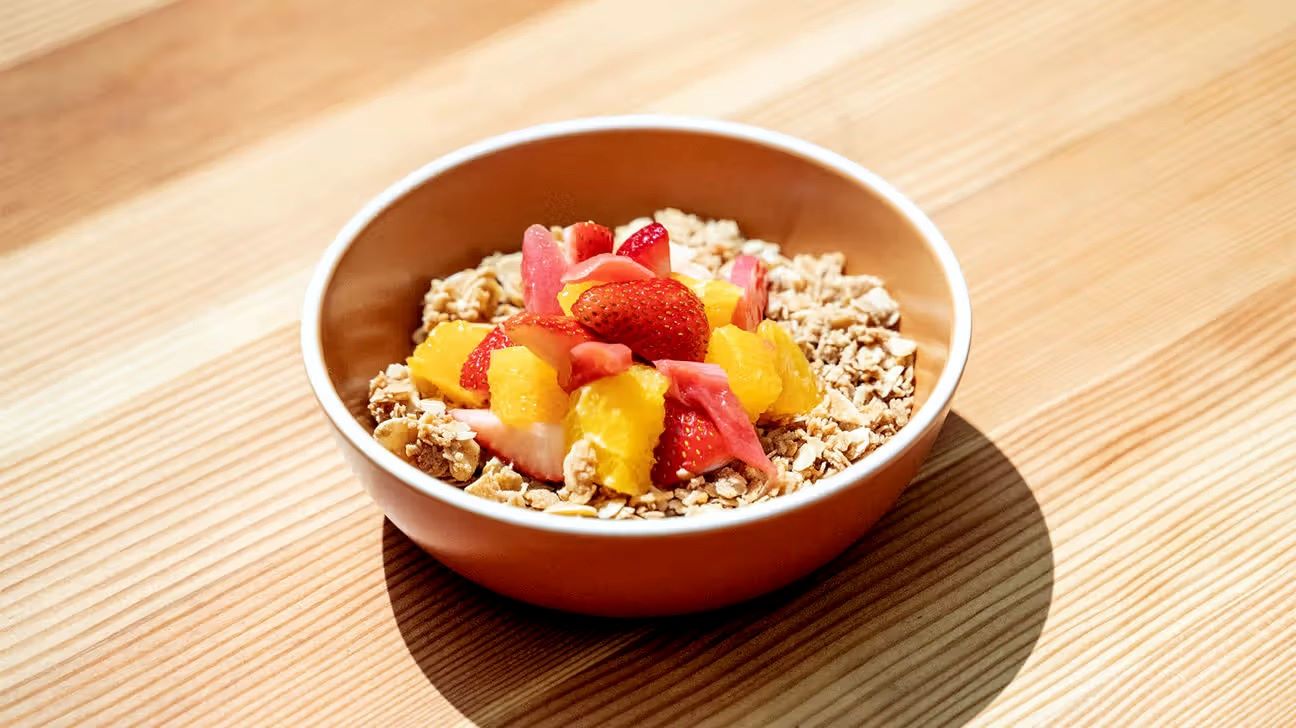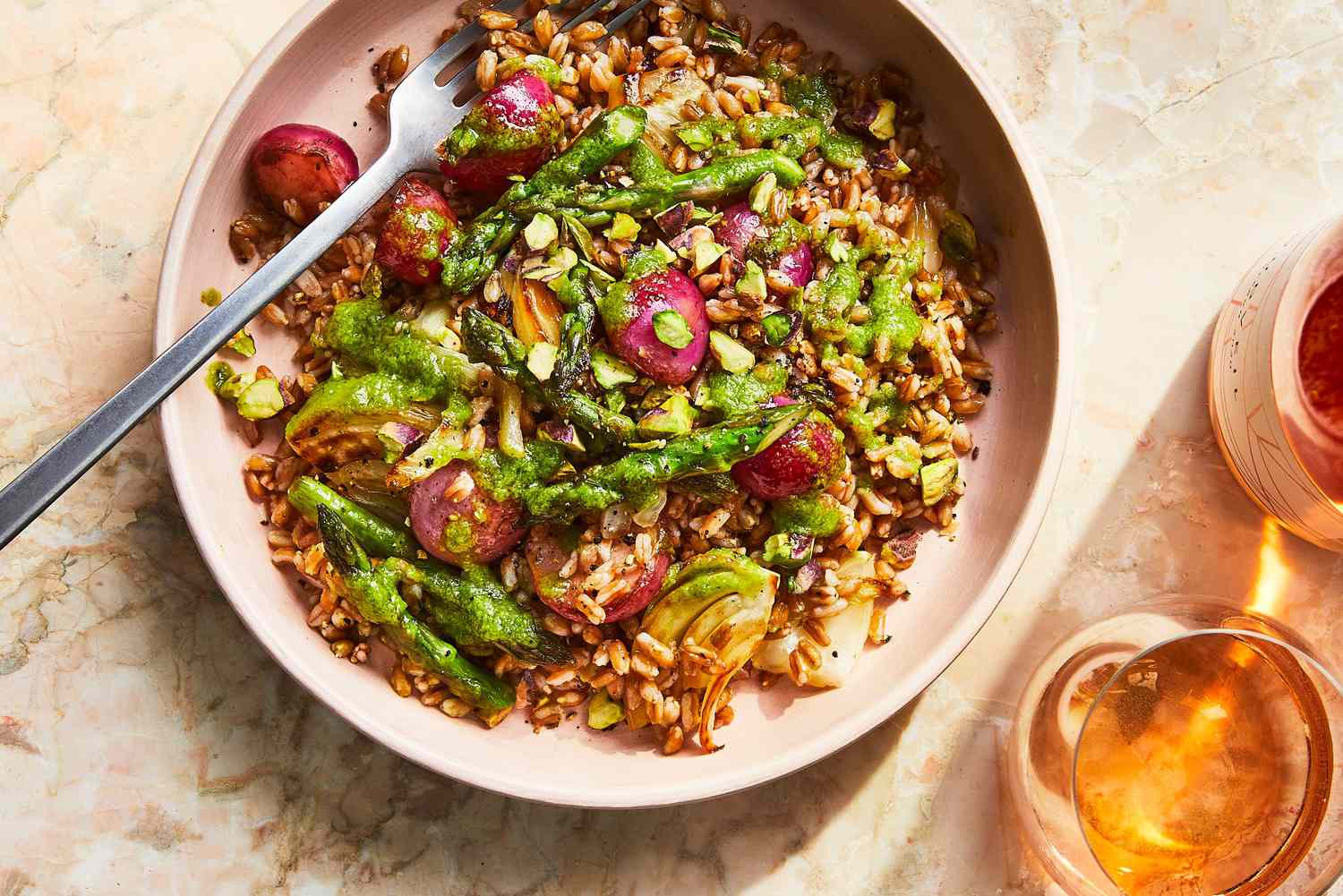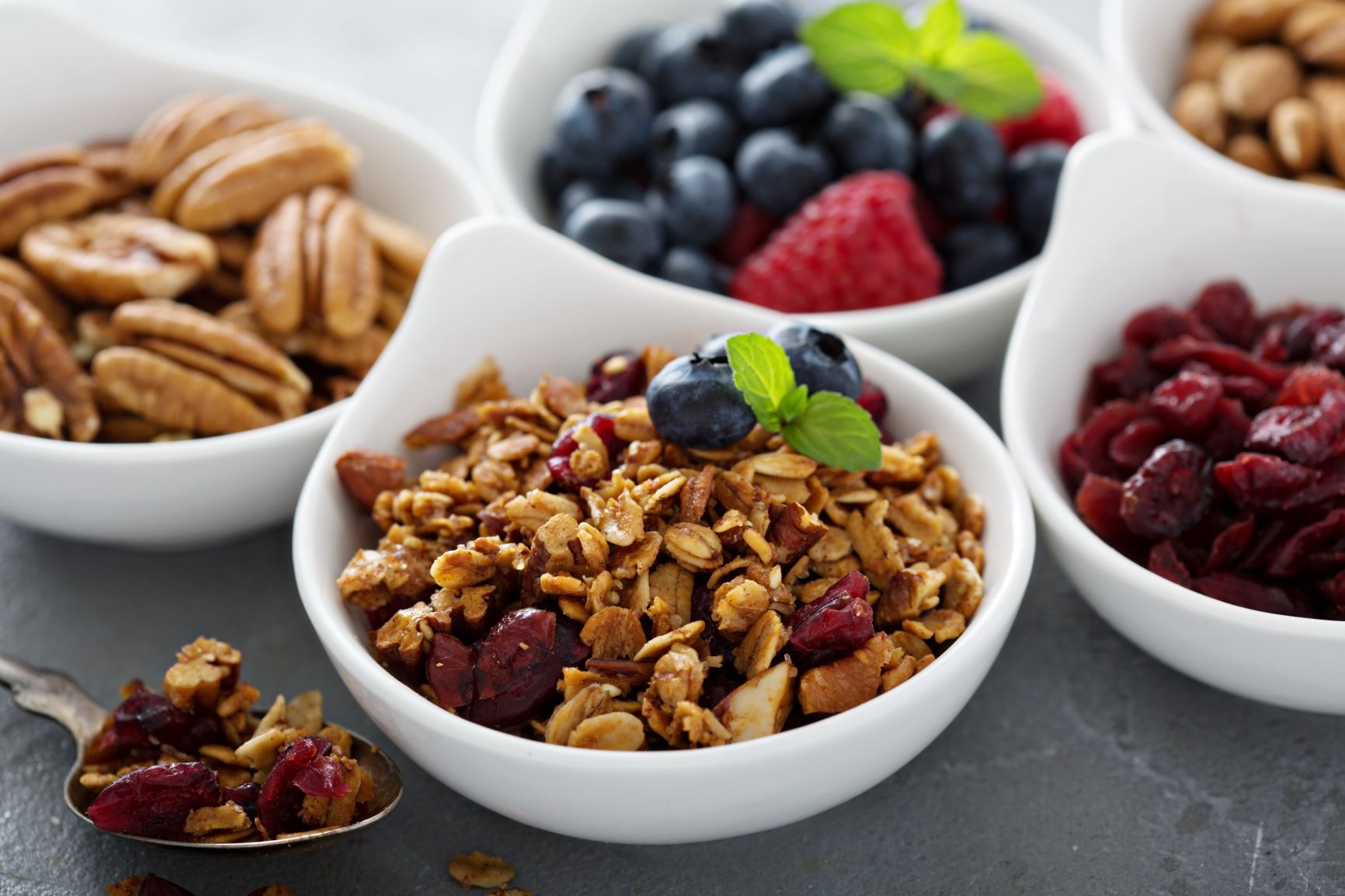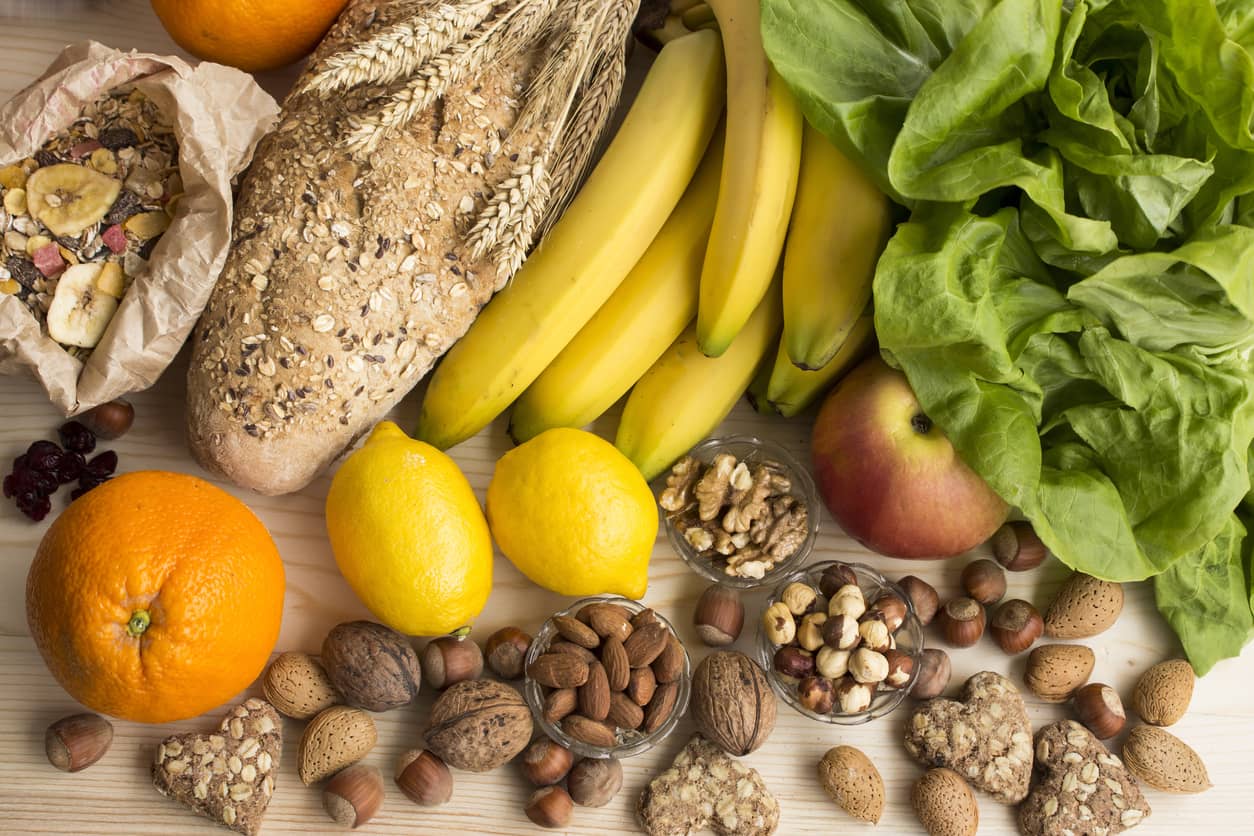How to Manage Low Blood Sugar with Proper Nutrition
Low blood sugar, also known as hypoglycemia, can be a challenging condition to manage, especially when it comes to making the right food choices. Proper nutrition plays a crucial role in managing low blood sugar levels, and it’s important to understand how to eat properly to maintain a healthy balance. Here are some tips to help you navigate your diet when dealing with low blood sugar:
Focus on Complex Carbohydrates
When you have low blood sugar, it’s essential to consume foods that can help stabilize your glucose levels. Complex carbohydrates are an excellent choice as they are broken down slowly, providing a steady release of glucose into the bloodstream. Opt for whole grains such as brown rice, quinoa, and oats, as well as starchy vegetables like sweet potatoes and squash.
Include Lean Proteins
Pairing complex carbohydrates with lean proteins can further help regulate blood sugar levels. Proteins such as chicken, turkey, fish, and tofu can slow down the absorption of glucose, preventing rapid spikes and crashes in blood sugar. Additionally, protein-rich foods can help you feel full and satisfied for longer periods, reducing the likelihood of experiencing sudden drops in blood sugar.
Healthy Fats are Essential
Healthy fats play a vital role in maintaining stable blood sugar levels. Incorporate sources of unsaturated fats such as avocados, nuts, seeds, and olive oil into your meals. These fats can slow down the digestion of carbohydrates, preventing rapid fluctuations in blood sugar. However, it’s important to consume them in moderation due to their high calorie content.
Regular, Balanced Meals
Consistency is key when managing low blood sugar. Aim to eat regular, balanced meals throughout the day, including breakfast, lunch, dinner, and snacks. Skipping meals or going for long periods without eating can lead to drops in blood sugar levels. Be mindful of portion sizes and try to include a combination of carbohydrates, proteins, and fats in each meal to maintain a steady supply of energy.
Avoid Refined Sugars and Processed Foods
Refined sugars and processed foods can cause rapid spikes and subsequent crashes in blood sugar levels. It’s best to limit your intake of sugary snacks, sodas, and highly processed foods that are devoid of nutritional value. Instead, opt for whole, unprocessed foods that provide sustained energy and essential nutrients.
Monitor Your Blood Sugar Levels
Regular monitoring of your blood sugar levels is crucial in understanding how different foods and meals affect your body. Keep track of your levels before and after eating to identify patterns and make informed decisions about your diet. Consult with a healthcare professional to establish target ranges and determine the best approach for managing your blood sugar through nutrition.
Stay Hydrated
Proper hydration is essential for overall health and can also impact blood sugar levels. Drinking an adequate amount of water helps your body process and utilize nutrients effectively. Aim to consume at least 8-10 glasses of water per day, and adjust your intake based on factors such as physical activity and climate.
Conclusion
Managing low blood sugar through proper nutrition requires a thoughtful and balanced approach to eating. By focusing on complex carbohydrates, lean proteins, healthy fats, and regular meals, you can help stabilize your blood sugar levels and maintain optimal health. Remember to monitor your blood sugar levels, stay hydrated, and make informed food choices to support your overall well-being.
Always consult with a healthcare professional or a registered dietitian for personalized guidance tailored to your specific needs and medical history.
